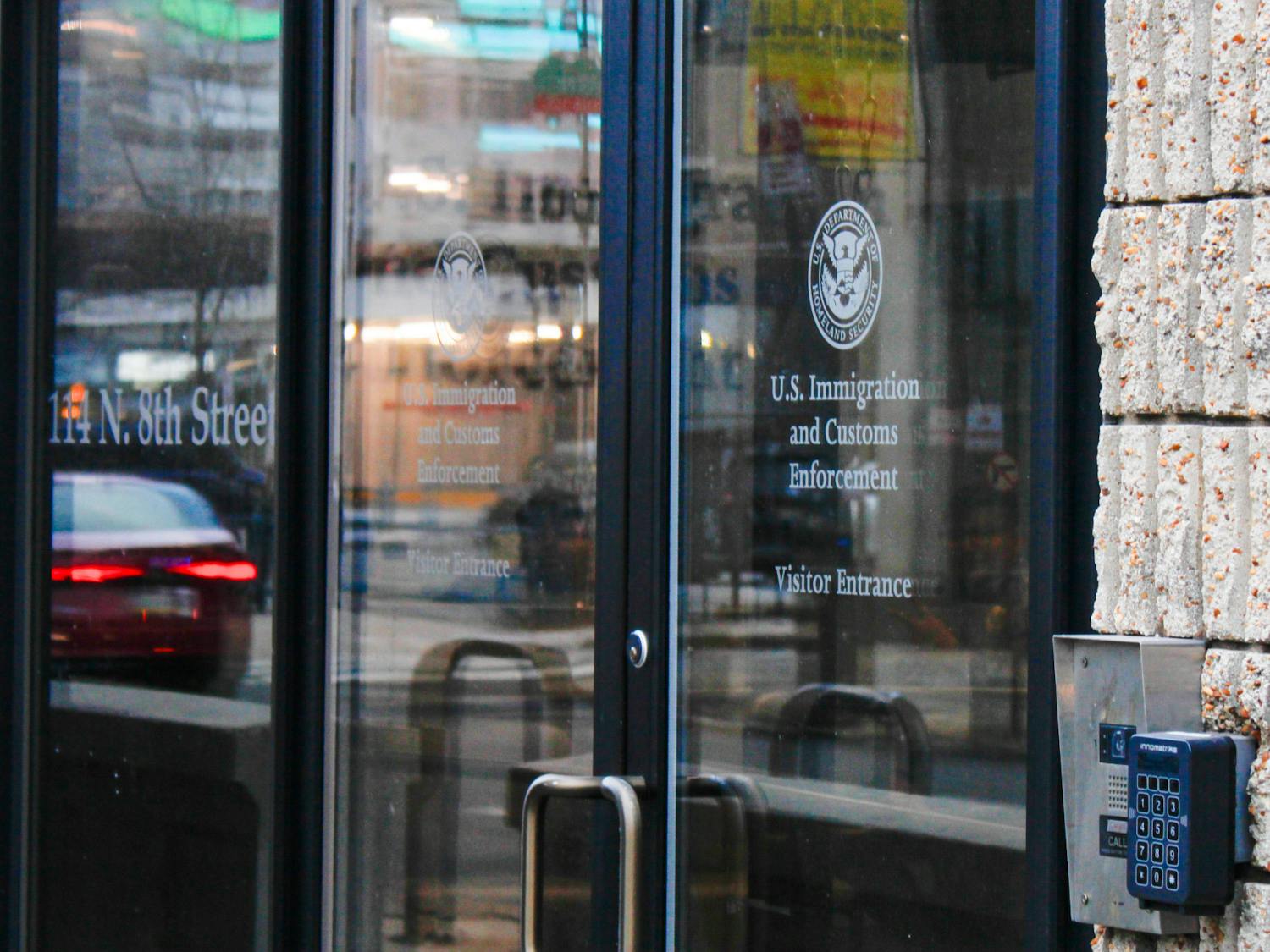I am dismayed by the lack of critical thinking evinced in The Daily Pennsylvanian’s editorial (“A closed forum is no forum,” March 12), which drew a specious analogy between what Narendra Modi’s keynote at the Wharton India Economic Forum could have been and what Iranian President Mahmoud Ahmadinejad’s 2007 speech at Columbia was.
As you note, Ahmadinejad was met with an icy reception and, indeed, the event was held with the assumption that no attendees were likely to be swayed by his particular brand of anti-Semitic craziness. The event, in short, staged ideological difference. By contrast, Modi, the chief minister of Gujarat state, was invited by ideologically like-minded students who sought a confirmation of what everyone at Wharton already knows: neoliberal economic policies work, they work well and they should be set to work everywhere. Modi was invited, in short, to confirm capitalist common sense.
If students in business schools are truly interested in fostering debate, they would do well to consider inviting speakers whose right to an audience — as you put it — is less well assured than those men who have the backing of transnational corporate sponsors. The organizers might have invited, for instance, a peasant from Gujarat (who, incidentally, would be as credentialed as Modi to discuss economics) or an anthropologist who studies the effects of neoliberal development policies in India (such scholars exist, in spades).
They did not. Nor will they. Business schools are remarkably monochromatic in their ideology. They draw upon and reproduce a technocratic transnational elite, one that circulates through a closed world of privilege, never forced to encounter ideological contradiction or critique. To suggest, then, that students at Wharton lost something in not getting to hear Modi speak is ridiculous. For one, Modi speaks plenty — he lacks neither podium nor audience. More importantly, Modi is economically modish. His fashionable policies constitute the common sense of elite capitalist culture. Students at a cutting-edge business school have all heard of Modi before — they hear it every day. The losses incurred by Modi’s disinvitation amount to this: Modi cannot put “invited speaker at WIEF” on his CV, and some Wharton students were prevented from renewing their faith, yet again, in the intellectual framework that they already inhabit.
Even at a business school, education needs to be more than the confirmation of dominant cognitive conventions. The bright, eager and dedicated students at Wharton deserve better than that. Moreover, the growth of anti-privatization and anti-austerity movements around the globe testifies to the decreasing populist purchase of policies authored by people with expensive degrees from elite institutions.
Business students might productively engage with these movements and allow their intellectual frameworks to be challenged by people who are not like and who do not think like them. The dominant reaction to Modi’s disinvitation, however, testifies to the insistently hermetic environment of contemporary elite universities.
The surprise, the anger: Who could dislike (what Modi calls) growth? Who could dislike wealth creation? Well, lots of us, particularly when development is fostered in Modish fashion, but most of us are neither heads of state, backed by corporate sponsors nor, more simply, able to afford the tuition. Some — many — cannot afford the right to an audience. In a world so appallingly asymmetrical that students at an elite university are shocked to learn that some people think differently than they or Modi do, it is absurd to describe Modi’s rights to speech and to an audience as having been violated.
Chris Taylor is an assistant English professor at the University of Chicago and a 2012 School of Arts and Sciences doctoral alumnus.
Related
Topic Page: Community responses
3/10/13: Petition against Narendra Modi speaking at the Wharton India Economic Forum
3/7/13: Backlash results from cancellation on Indian state minister








